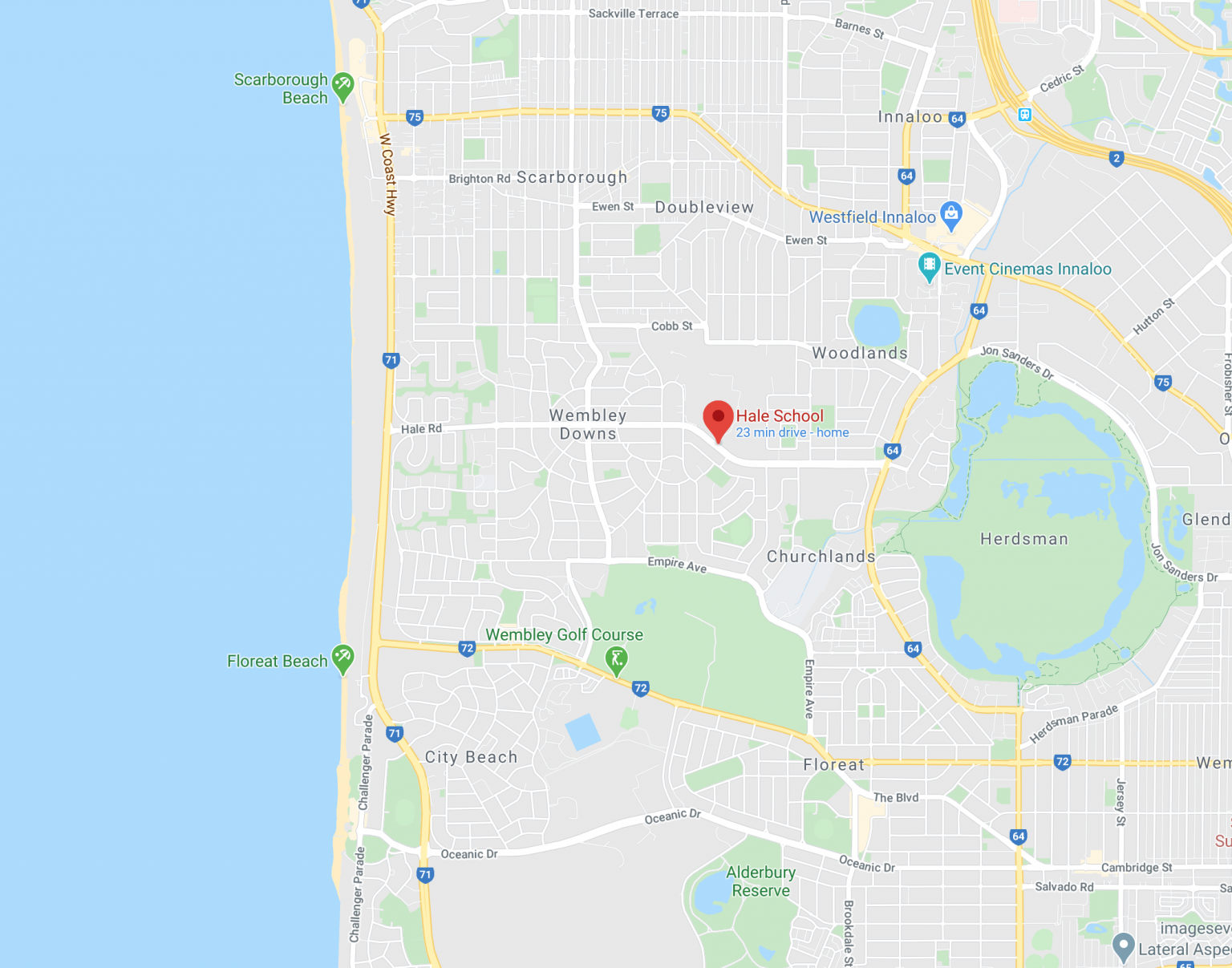As published in Business News, 20 May 2024
Hale School is known for academic success and achievement, so it seems unlikely that the Headmaster would be worried about outcomes for boys, yet he is.
Recently, Hale School hosted a community forum on the topic, “Boys to men in a changing world: challenges, strategies and why it matters”. This event was open to the public and drew a crowd of around 600 parents, teachers and community members.
“We work very hard at Hale School to give our students the tools they need to succeed, but I am very concerned about boys and men generally,” said Headmaster, Dean Dell’Oro. “We need to address the elephant in the room in our society. The evidence is overwhelming that too many boys and men out there are struggling. We need to talk about the problems, the causes, and also possible solutions. Too many males are falling through the cracks, and this is a problem for us all.”
Mr Dell’Oro points to mounting evidence that outcomes for boys are declining on almost every indicator. Boys perform less well academically (particularly in literacy, but also increasingly in science and math), often fail to complete Year 12 and go on to attain a tertiary degree or post-school qualification. Men have higher incidences of mental health disorders, substance use disorders, antisocial behaviours and suicide rates. Gendered violence is a national crisis. It is clear by any measure that males are struggling and society as a whole is suffering.
Richard Reeves, a Senior Fellow at the Brookings Institute in Washington D.C., a public policy think tank, has been gaining traction worldwide for his assessment of the education crisis facing boys. His main message is this: continuing the march to equality for girls and women, and doing the right thing by boys, are not competing goals.
Mr Dell’Oro agrees and advocates for schools to better accommodate boys’ needs.
“Our education system, in many respects, better suits girls, who are typically developmentally more advanced than boys, particularly in language and social skills. Compounding the challenges is the fact that boys are more impulsive and generally not as compliant. As spatial learners, boys often find it much harder to sit still and listen for extended periods and follow instructions. As I tell families when they visit Hale School, that’s boys, that’s normal – you see the relief on their faces when they hear that – but unfortunately that’s not what is typically valued or accommodated in classrooms.”
The community forum hosted by Hale School in March brought together an expert panel to discuss ways that boys can be better supported to grow into successful men. The panel consisted of Mr Dell’Oro alongside Mr Tom Batty (Executive Director of the International Boys’ Schools Coalition), Dr Nikki Panotidis (Developmental Paediatrician) and Mr Tom Barrass (AFL footballer and mental health advocate).
Mr Batty flew in from the UK to represent the IBSC, which works to connect educators around the world to promote best learning practices for boys. From the IBSC’s research and from his experience as a former schoolteacher and principal, he noted that there are several evidence-based practices that work best for boys. They include the need to:
- Feel connection and belonging, with teachers, peers and family.
- Express themselves and their emotions authentically and without shame.
- Feel a sense of mastery in at least one sphere (to feel like they’re good at something).
- Have a purpose and contribute to something bigger than themselves.
- Have time and care invested in them (which is still not the cultural gender norm).
“We know that boys and girls, on average, develop at different times and at different rates,” Mr Batty said. “The three main influences on a child’s development are the home, the peer group and school. It is essential that schools find time for what works for boys. Boys are relational learners; we must reach them before we can teach them.”
The information was relevant across educational sectors and settings, but it was noted that boys’ schools can be more deliberate at implementing best practice teaching and learning principles for boys exclusively.
The community forum was followed by a teacher workshop for educators from local and regional schools. Mr Batty joined Hale School’s Deputy Headmaster, Dr Peter Coutis to outline pedagogical approaches that work best for boys. This is part of an emerging focus for Hale to provide outreach opportunities to teachers from other schools, to assist with the development of evidence-based approaches for engaging and teaching boys.



